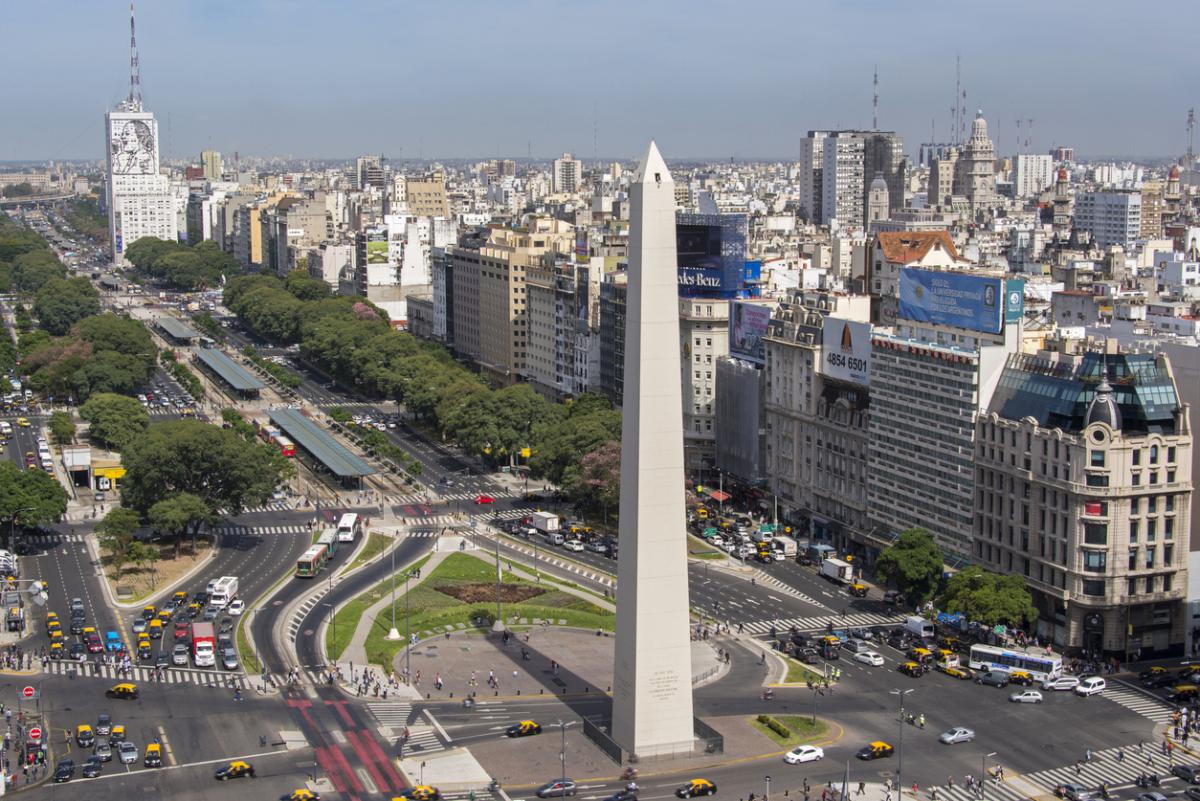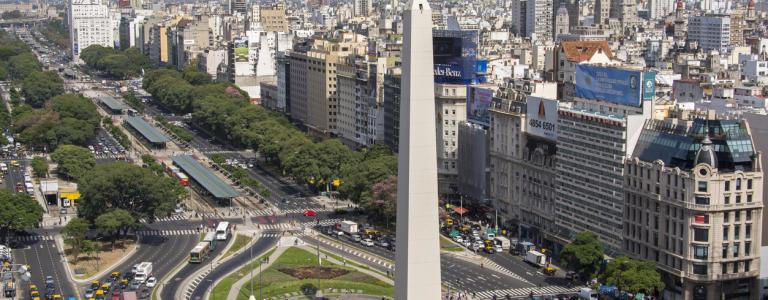Message to Argentina: Inclusiveness makes better policy
Argentina just revoked the credentials of more than 60 civil society participants for the WTO’s 11th Ministerial Conference. Aaron Cosbey explains why this is a bad idea.
As the year draws to a close, prepare for the inevitable onslaught of top ten lists and looks at the high and low points of 2017.
For the trade community, top of the list of fails has to be the Argentinian government’s recent move to revoke the credentials of civil society participants from over 20 organizations to attend the WTO’s 11th Ministerial Conference. Argentina, which is hosting the conference in Buenos Aires from December 10–13, cited security concerns.
Most of the more than 60 banned participants are associated with the Our World Is Not for Sale network, which opposes globalization. Environmental non-governmental organizations like Friends of the Earth International are also banned, as are two international union organizations and some business groups, both foreign and Argentinian.
This is unprecedented, and it’s a big deal. It’s hard to pick out the most problematic aspect of this mess, but let’s start with the fact that the ban addresses a non-existent problem. The barred participants have participated in many previous Ministerials and had already been accredited to attend the event by the WTO itself—the WTO not having a problem with dissenting voices. The last time dissent gave rise to problems was fully 18 years ago at the second WTO Ministerial in Seattle in 1999, with battles in the street. We have seen nothing like that since, and there is no reason to believe Buenos Aires would have been any different.

It’s worth remembering a bit of history. In the 1990s, the WTO was an obsessively closed organization, terrified of the activist barbarians at the gates demanding social and environmental justice. When the WTO finally opened up in 2001 and let them in, activists discovered a realm much more boring and less sinister than what they had imagined. The WTO discovered a bunch of intelligent, earnest critics. Sharp differences remain, but openness was a powerful cure for mistrust and conflict. That dynamic also works in reverse—barring dissenting voices from an event is a great way to ensure lively protest.
The WTO is caught in the middle. Already under heavy siege from some nationalistic governments, weathering a crisis of multilateralism, the last thing it needs is this kind of bad press. By all accounts, the secretariat lobbied furiously to avert the banning of participants to what is, after all, its event, but to no avail.
For the trade community, one of 2017's biggest fails has to be the Argentinian government’s decision to revoke credentials for more than 60 civil society participants to attend the WTO’s 11th Ministerial Conference.
In a previous case of this type, at the 2005 Hong Kong Ministerial, a single individual was blocked by the host, and the WTO’s director-general intervened to have the decision reversed. Unfortunately, it doesn’t appear that the current director-general has made similar efforts. A credible threat to relocate or postpone the meeting would have undoubtedly made a difference.
The news broke on the same day that Argentina inherited the G20 presidency from Germany. Germany had been a model president from the perspective of openness, heavily engaging with the research, business, trade union, civil society and other communities to supplement the governmental policy process. They did that because they understood that the final result of inclusiveness is better policy.
Perhaps the most troubling aspect of this mess is that, in the year 2017, the government of Argentina doesn’t get that basic truth.
You might also be interested in
Promoting the Development of Agricultural Cooperatives
Governments in the Global South should promote agricultural cooperatives to boost smallholder access to fair markets, finance, and climate resilience.
COP 29 Outcome Moves Needle on Finance
In the last hours of negotiations, concerted pressure from the most vulnerable developing countries resulted in an improved outcome on the finance target, with a decision to set a goal of at least USD 300 billion per year by 2035 for developing countries to advance their climate action.
Stabilization Clauses: The hidden provisions that can hinder tax and investment policy reform
Stabilization clauses should no longer automatically be included in contracts between states and investors. If they are, they should, at a minimum, build on the latest international standards on stabilization to avoid being a barrier to sustainable development.
Why Trade Matters in the Plastic–Pollution Treaty Negotiations
The global push to end plastic pollution by 2040 highlights the critical intersection of trade and environmental action, with upcoming INC-5 negotiations focusing on reducing plastic production, consumption, and waste within a fair and effective international framework.
